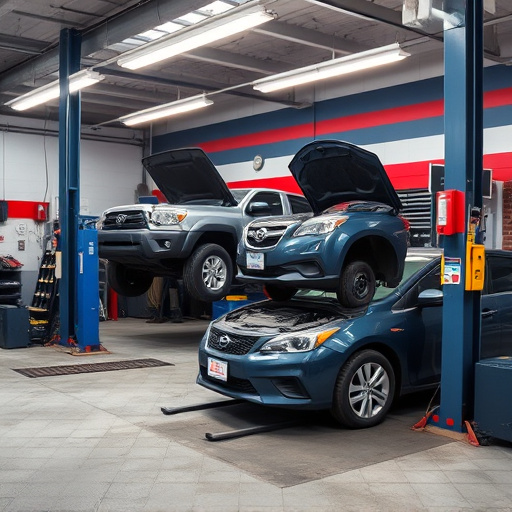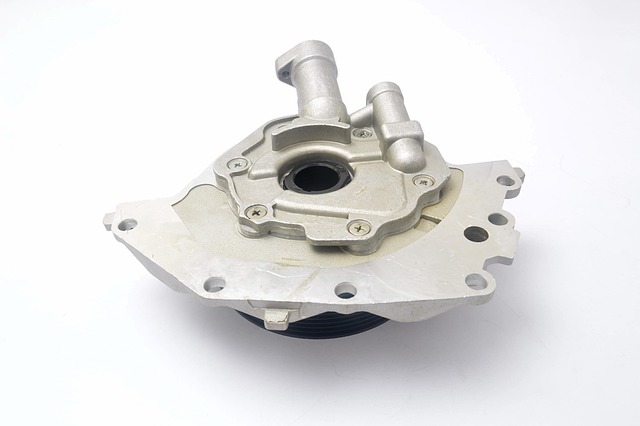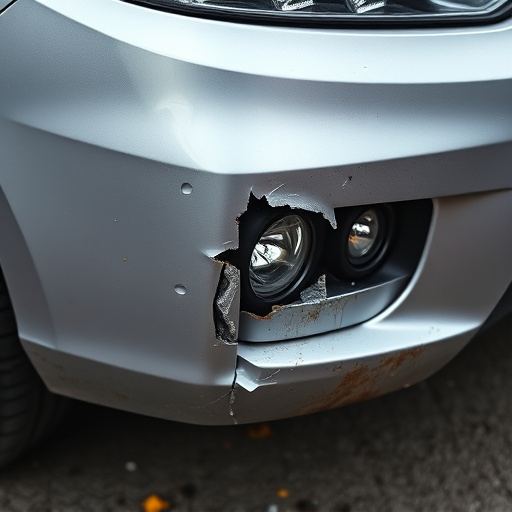Before renting a car, understand that rental insurance protects against unforeseen issues like accidents, damage, theft, and vandalism. It includes liability, collision, comprehensive, and personal effects coverage. Exclusions include reckless driving, extreme weather, and lost/stolen belongings. Compare standard policies with add-ons for better protection, especially for damages requiring auto body or paint repairs. Always review policy details carefully to make informed choices.
Unclear about what’s covered under your rental car insurance? This guide breaks down everything you need to know. We’ll delve into the basics of rental car insurance, explore common exclusions that could leave you liable, and offer tips on enhancing your protection with optional add-ons. Understanding these aspects is crucial for a stress-free travel experience and financial peace of mind while renting a vehicle. By the end, you’ll be equipped to make informed decisions regarding your rental car insurance coverage.
- Understanding Rental Car Insurance Coverage Basics
- Common Exclusions and What They Mean
- Enhancing Your Protection: Optional Add-Ons and Tips
Understanding Rental Car Insurance Coverage Basics

When renting a car, it’s crucial to grasp what your rental car insurance coverage entails. Many people assume that their personal auto insurance policy will cover any damages to a rented vehicle, but this isn’t always the case. Rental car insurance is designed to protect you from unexpected costs associated with accidents or damage during the period you have the car. It’s divided into several components, each offering distinct levels of protection for different types of incidents.
Understanding these basics is essential when renting a car. Coverage can include liability, which pays for damage or injuries caused to others in an accident; collision, which helps cover repairs for your rental car if it’s damaged; comprehensive, which protects against non-collision events like theft, vandalism, or natural disasters; and personal effects coverage, which compensates you for loss or damage to your belongings while renting. Familiarizing yourself with these options ensures you’re adequately insured, providing peace of mind behind the wheel. Remember, when selecting a rental car insurance plan, consider your budget and the type of trip you’re embarking on—whether it’s a quick city break or a longer road trip—to choose the most suitable coverage for your needs.
Common Exclusions and What They Mean

Many people assume that rental car insurance coverage provides comprehensive protection during their rental period. However, it’s essential to understand that certain damages and incidents are excluded from standard policies. Common exclusions include damage caused by reckless driving, intentional acts, or extreme weather conditions like floods or storms. These scenarios often result in the renter being responsible for significant repairs, which can be costly.
Additionally, rental car insurance typically does not cover losses related to personal belongings left within the vehicle or theft of the vehicle itself. This means if your rented car is stolen or its contents are damaged or lost, your standard rental car insurance may not provide compensation. Recognizing these exclusions allows renters to make informed decisions and consider additional coverage options, such as comprehensive insurance from their personal auto insurance providers, which can fill these gaps and ensure better financial protection in the event of unforeseen circumstances, including potential auto body restoration or bumper repair needs.
Enhancing Your Protection: Optional Add-Ons and Tips

Enhancing Your Protection: Optional Add-Ons and Tips
When renting a car, it’s crucial to understand that standard rental car insurance policies often have limitations. While they cover basic liability and theft, they typically exclude damage to your rental vehicle. To ensure comprehensive protection, consider optional add-ons like collision repair services coverage, which can help pay for repairs or replacements if you’re at fault for an accident. Additionally, choosing a policy that includes comprehensive coverage can protect you from non-collision damages, such as those caused by weather events or animal encounters.
Remember, these add-ons can significantly enhance your rental car insurance coverage, providing peace of mind during your journey. Before deciding, review the policy details carefully and compare them with the available optional extras to find the best balance between cost and protection, especially when considering services like auto body repair or car paint services for more significant damages.
When it comes to rental car insurance coverage, understanding what’s included and what isn’t is key to avoiding unexpected costs. By grasping the basics, being aware of common exclusions, and considering optional add-ons, you can enhance your protection and enjoy a stress-free travel experience. Remember, knowing the details of your rental car insurance is crucial for navigating unforeseen circumstances and ensuring peace of mind on the road.













